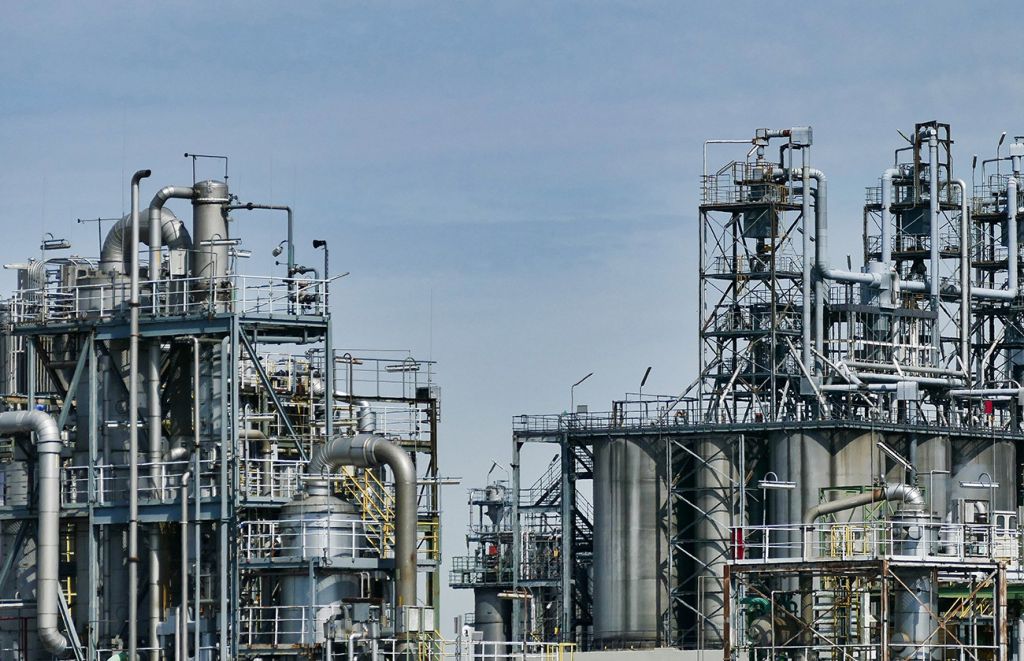German chemical industry association Verband der Chemischen Industrie (VCI) reports that the third strike of train drivers in Germany will exacerbate the shortage of materials for the chemical industry, where a fifth of companies have already reduced production.
Germany's train drivers are going to start the third nationwide strike on Wednesday from 5:00 pm local time, affecting freight. The strike will affect passenger services on Thursday (September 2).
GDL, German Train Drivers' Union (The Gewerkschaft Deutscher Lokomotivführer) informs it is plannting to keep striking until 2:00 am on September 7 local time.
VCI spokesman stated that“The recent strikes by the GDL Train Drivers' Union were not timely as they exacerbate existing supply chain bottlenecks.”
Already, about 20% of chemical companies are forced to cut manufacturing due to input shortages.
Furthermore, the strike will delay the delivery of pharmaceutical products to customers, the VCI added, arguing that the strike posed another logistical problem.
Companies will need to “develop fast and flexible solutions” in order to be able to deliver goods to customers on time, as well as deal with their suppliers, which will eventually lead to increased costs for companies.“It requires huge labor resources and significant additional costs,”noted VCI.
In addition, the new strike has become an obstacle to the shift of freight transport from road to rail, which is a key element of reducing greenhouse gas (GHG) emissions to slow global warming.
The industry's plans for such a shift were severely limited by the renewal of the strike, especially since the strike occurred in a short time.
In 2019, a year before the coronavirus outbreak, about 204 million tons of chemicals (excluding pipelines) were transported to Germany, of which about 12% were rail transport.
Rail is the preferred mode of transport for many substances, while rail is usually mandatory for some chemicals.
The VCI did not comment on the political aspects of the strike; the strike is taking place in the run-up to the federal elections in Germany on September 26.
While some opposition politicians have called on the government to step in and appoint a mediator - no strike during mediation - the GDL has so far rejected the proposal.
The country's constitution protects independent collective bargaining, thereby limiting government influence.
The dispute between GDL and the rail carrier Deutsche Bahn concerns wages, pensions and working conditions.
In 2015, a dispute between GDL and DB was settled after nine rounds of strikes.
 English
English Русский
Русский 中文
中文
